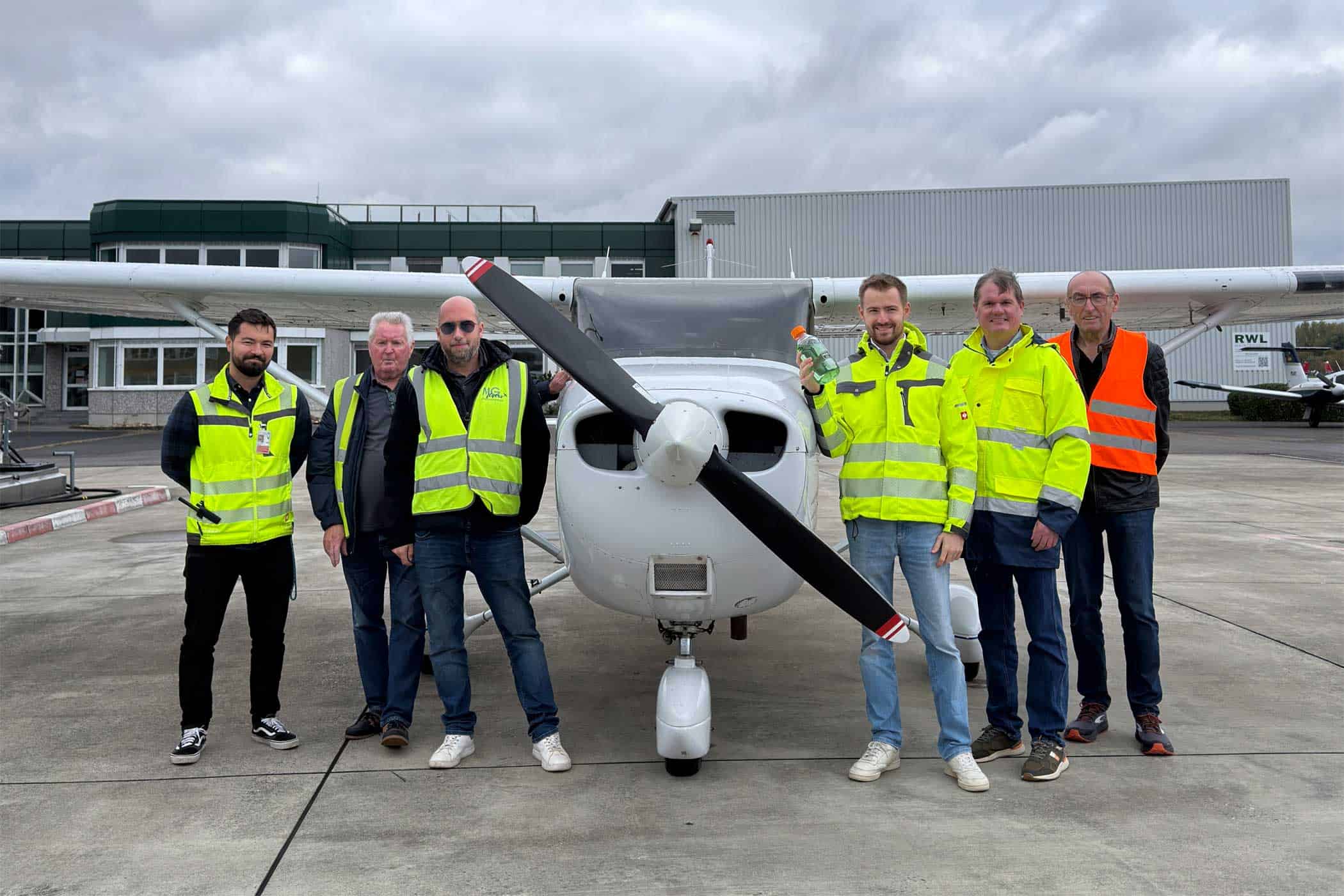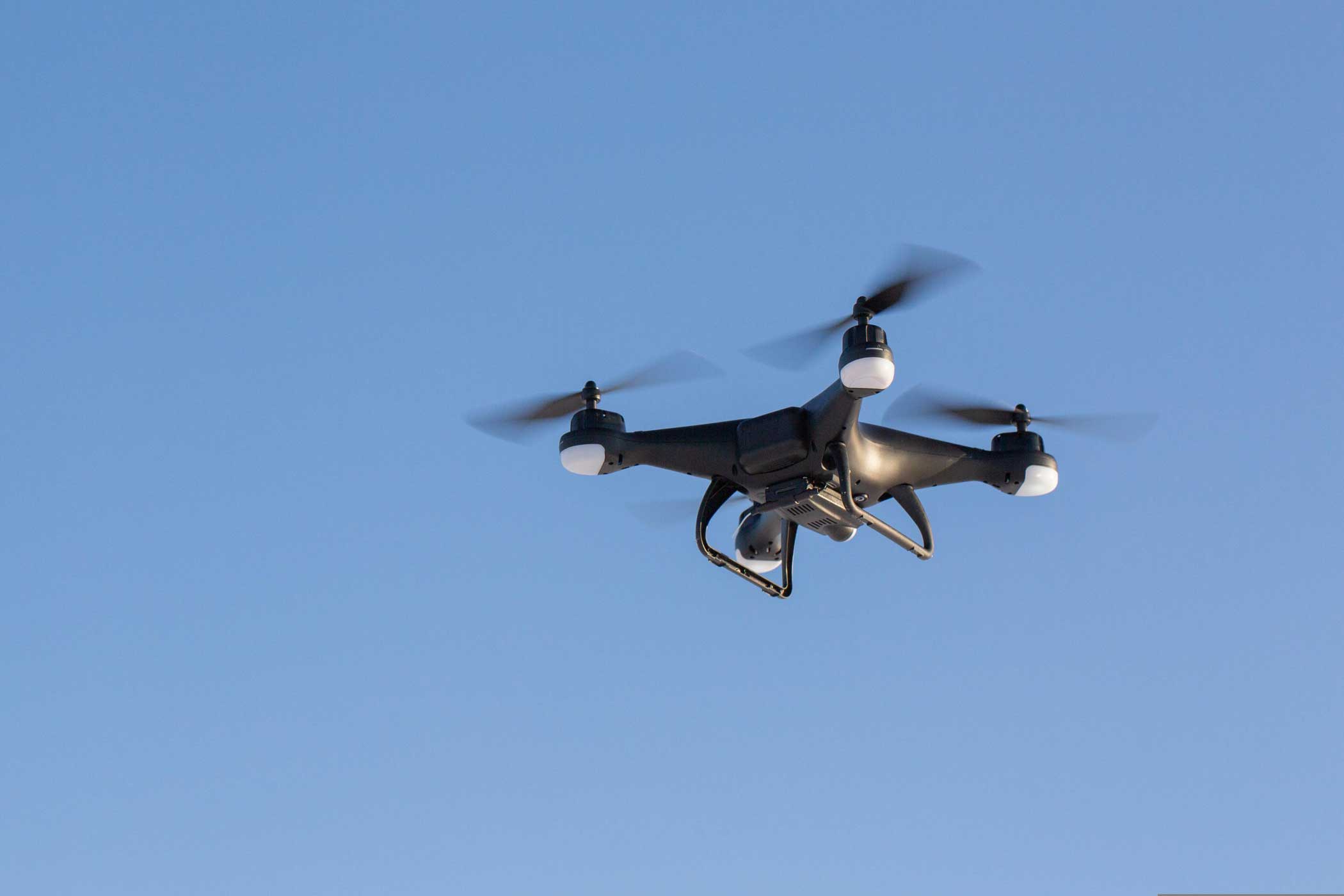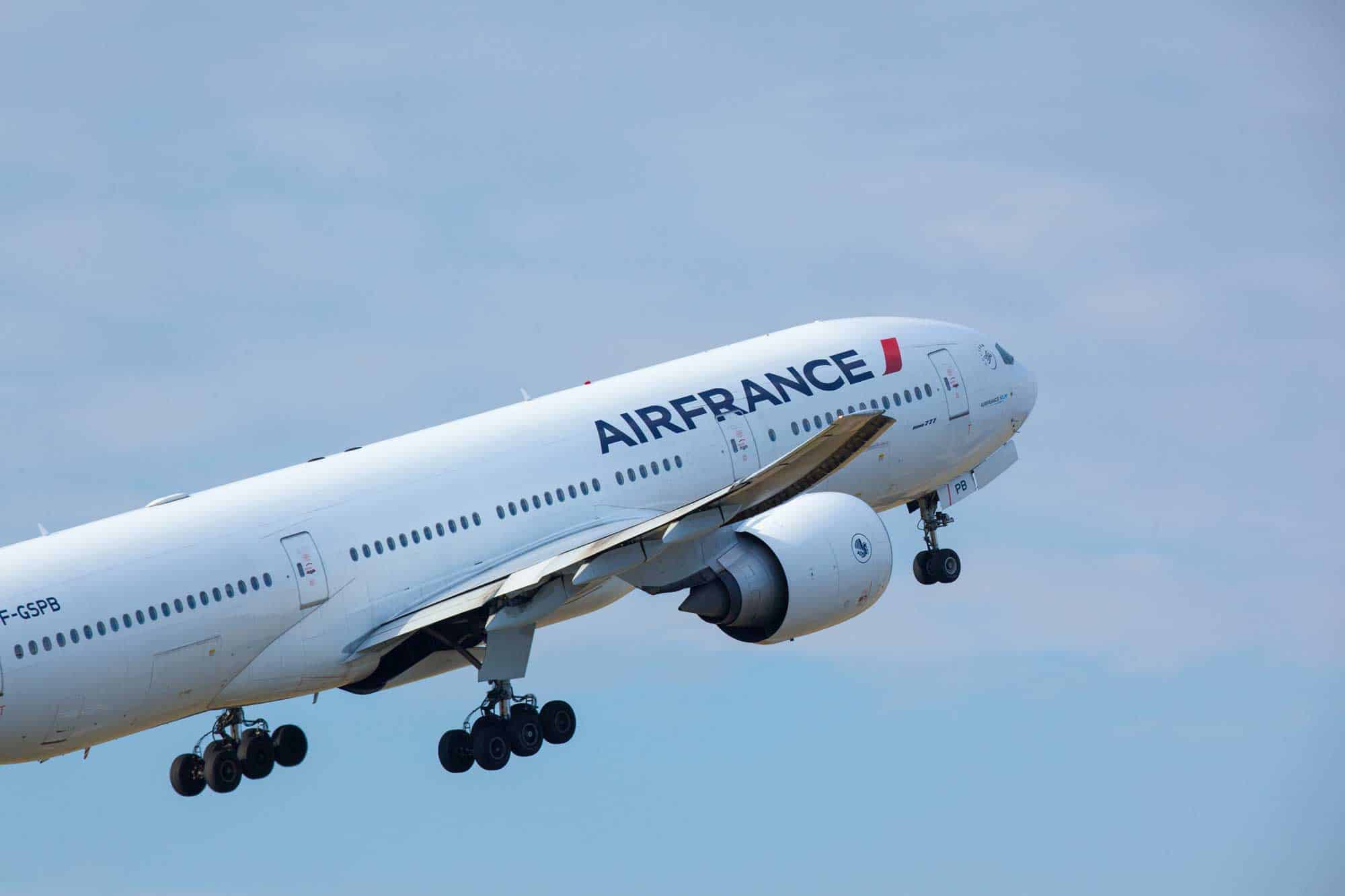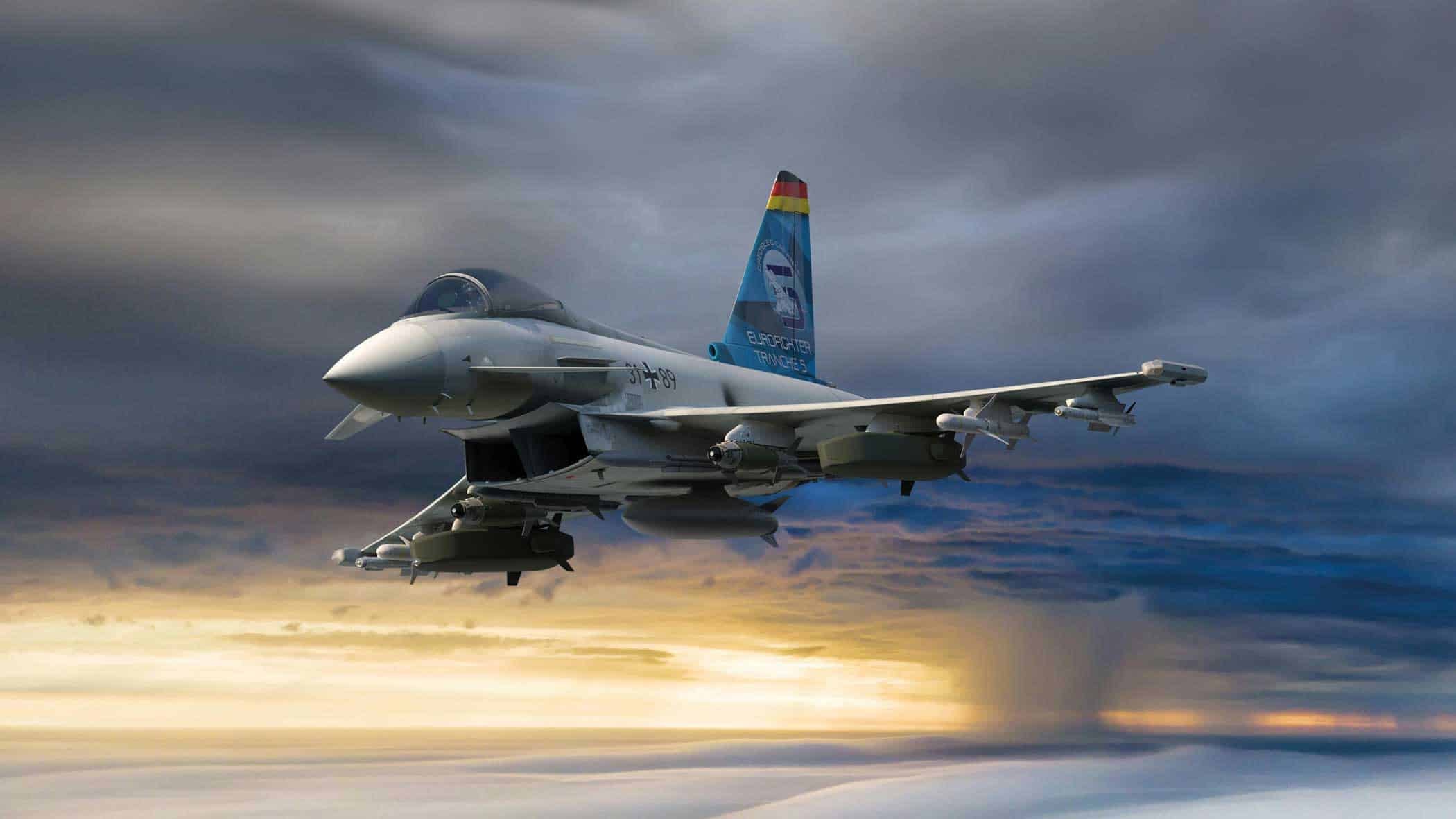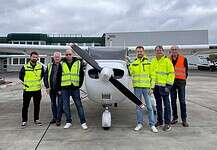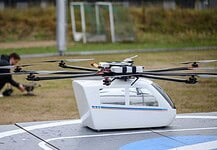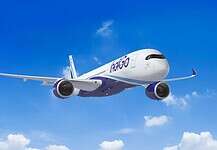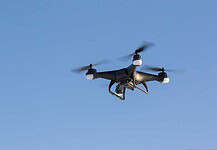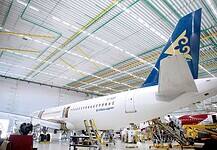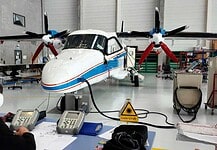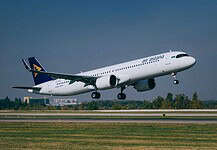This site is also available on:
Deutsch
Introduction to Air Côte d’Ivoire’s fleet expansion
Air Côte d’Ivoire recently took delivery of the first of two Airbus A330-900s, ushering in a new era in its fleet development. As the national flag carrier of the Republic of Côte d’Ivoire, the airline is a leading provider in the West and Central African region, with a remarkable route network of 22 destinations across the African continent. The integration of the A330neo marks a significant step, as it is the first widebody aircraft in its fleet, particularly suited to longer intercontinental routes. This modern aircraft model is specifically designed to combine high efficiency with excellent comfort, which is particularly important for Air Côte d’Ivoire’s emerging clientele, which increasingly includes long-haul international flights to Europe, the Middle East, and North America.
Expansion of the route network with A330neo series aircraft
The entry into the broad long-haul and capacity fleet with the Airbus A330-900 supports the airline’s ambitious growth plans. The new aircraft features a four-class configuration, ranging from First Class to Business Class, Premium Economy to Economy Class. This innovative cabin design, with just four seats in First Class, 44 seats in Business Class, an additional 21 seats in Premium Economy, and 173 seats in Economy Class, reflects both comfort and cost-effectiveness. Particularly noteworthy is the A330neo’s spacious interior and advanced Airspace cabin design, creating a pleasant travel atmosphere with impressively large storage compartments, optimized lighting systems, and innovative in-flight entertainment and connectivity solutions.
With the entry into service of these aircraft, Air Côte d’Ivoire will be able to expand its presence to European destinations. The route to Paris, the French capital, is expected to particularly benefit from the new widebody aircraft. Flights to the Middle East and North America are also planned, which should sustainably increase the airline’s international reach and appeal, while also aligning with the expectations of the global aviation market.
Humanitarian initiative and sustainability focus in the new fleet addition
The symbolic first A330neo flight from Toulouse to Abidjan not only welcomed the aircraft into the fleet, but also had a social component. Five tons of humanitarian supplies, including school supplies and other relief items, were carried. This cargo continues the airline’s tradition of supporting social projects through so-called charity flights in collaboration with the Airbus Foundation and the humanitarian organization Aviation Sans Frontières. The donated materials were handed over to local NGOs such as LifeShine and La Bienfaisance, which are committed to health and education projects in Abidjan. This action highlights the strategic role that air transport can play, not only economically but also socially.
Furthermore, Air Côte d’Ivoire is positioning itself in recognition of the growing importance of environmentally friendly aviation. The Airbus A330neo is already designed to run on up to 50 percent Sustainable Aviation Fuel (SAF). This not only underscores the technological advancement of Airbus aircraft but also aligns with global sustainability goals, which are increasingly gaining priority in the aviation industry. Airbus plans to fully certify its entire fleet for operation with 100 percent sustainable aviation fuel by 2030 at the latest. In this way, Air Côte d’Ivoire is actively contributing to reducing the ecological footprint of its flight activities and demonstrating its pioneering commitment to green aviation.
Conclusion and outlook for the future of aviation in West Africa
With the addition of the Airbus A330-900 to its fleet, Air Côte d’Ivoire is clearly demonstrating its commitment to expansion and adapting to the demands of international air travel. The new aircraft not only offer greater capacity and comfort, but also pave the way for the airline’s sustainable and socially responsible development. The diverse range of cabin classes, combined with a modern service concept, strengthens its competitive position in a highly competitive market.
Overall, the investment in the A330neo fleet is a strategic milestone for Air Côte d’Ivoire that goes far beyond mere fleet expansion. It opens up attractive opportunities for the African aviation market, particularly in terms of intercontinental connections and environmental sustainability. The company is thus setting new standards that will have a lasting impact on air transport in West Africa and beyond. The combination of state-of-the-art technology, social commitment, and environmental awareness makes Air Côte d’Ivoire a pioneer in the region and supports its ambition to play a leading role on the African continent and in the global network.

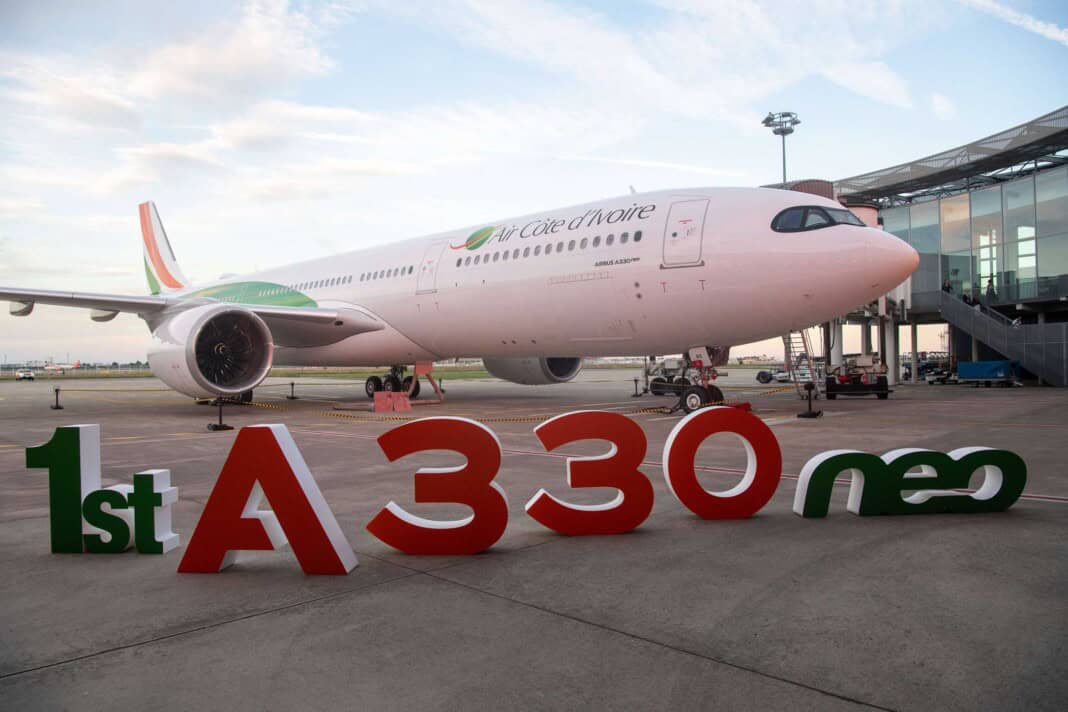
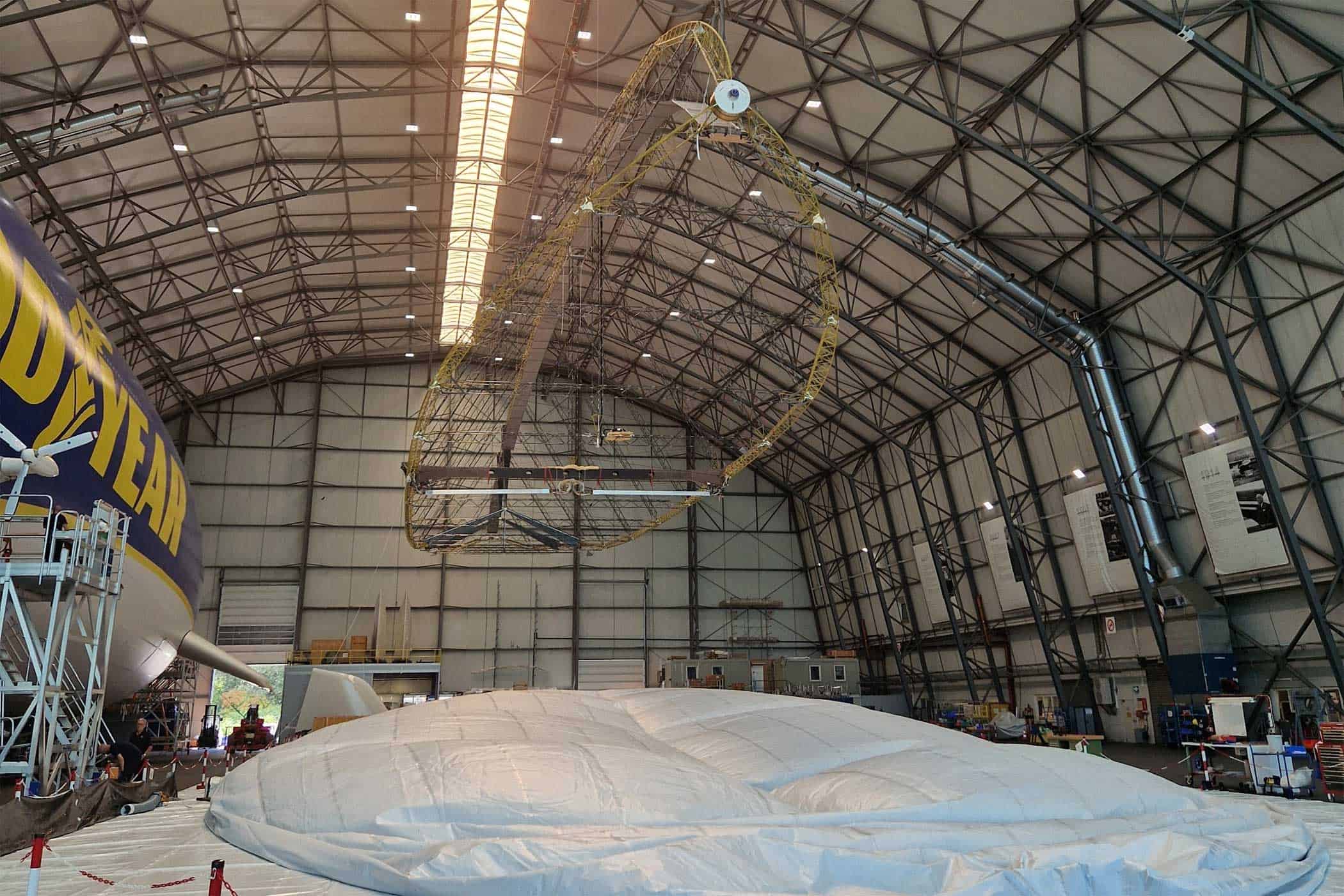 Zeppelin NT airship conquers the skies of the Lake Constance region (Zeppelin NT airship conquers the skies of the Lake Constance region)
Zeppelin NT airship conquers the skies of the Lake Constance region (Zeppelin NT airship conquers the skies of the Lake Constance region)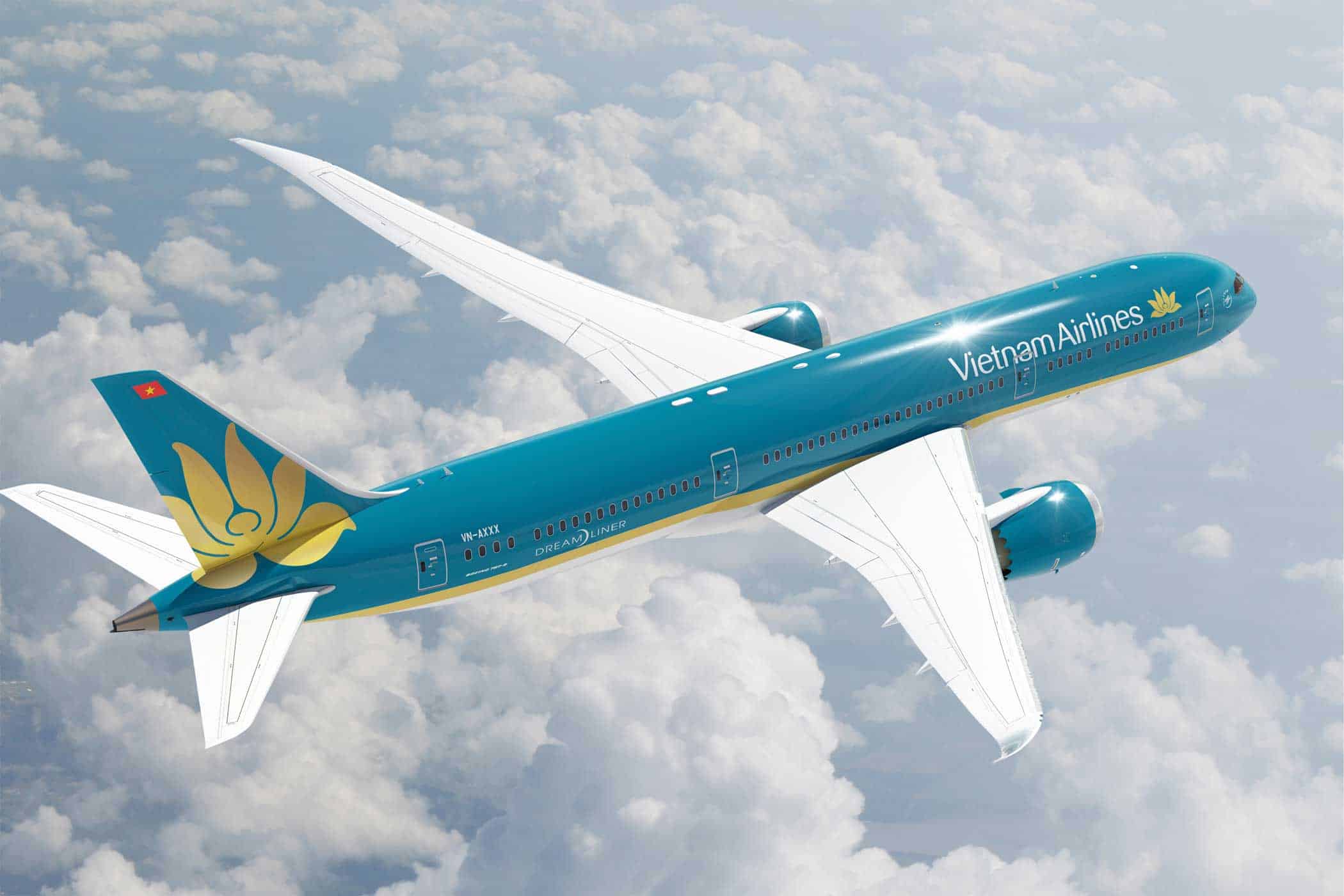 Vietnam extends visa-free entry until 2028 (Vietnam extends visa-free entry until 2028)
Vietnam extends visa-free entry until 2028 (Vietnam extends visa-free entry until 2028) ver.di integrates TGL and strengthens aviation presence (ver.di integrates TGL and strengthens aviation presence)
ver.di integrates TGL and strengthens aviation presence (ver.di integrates TGL and strengthens aviation presence)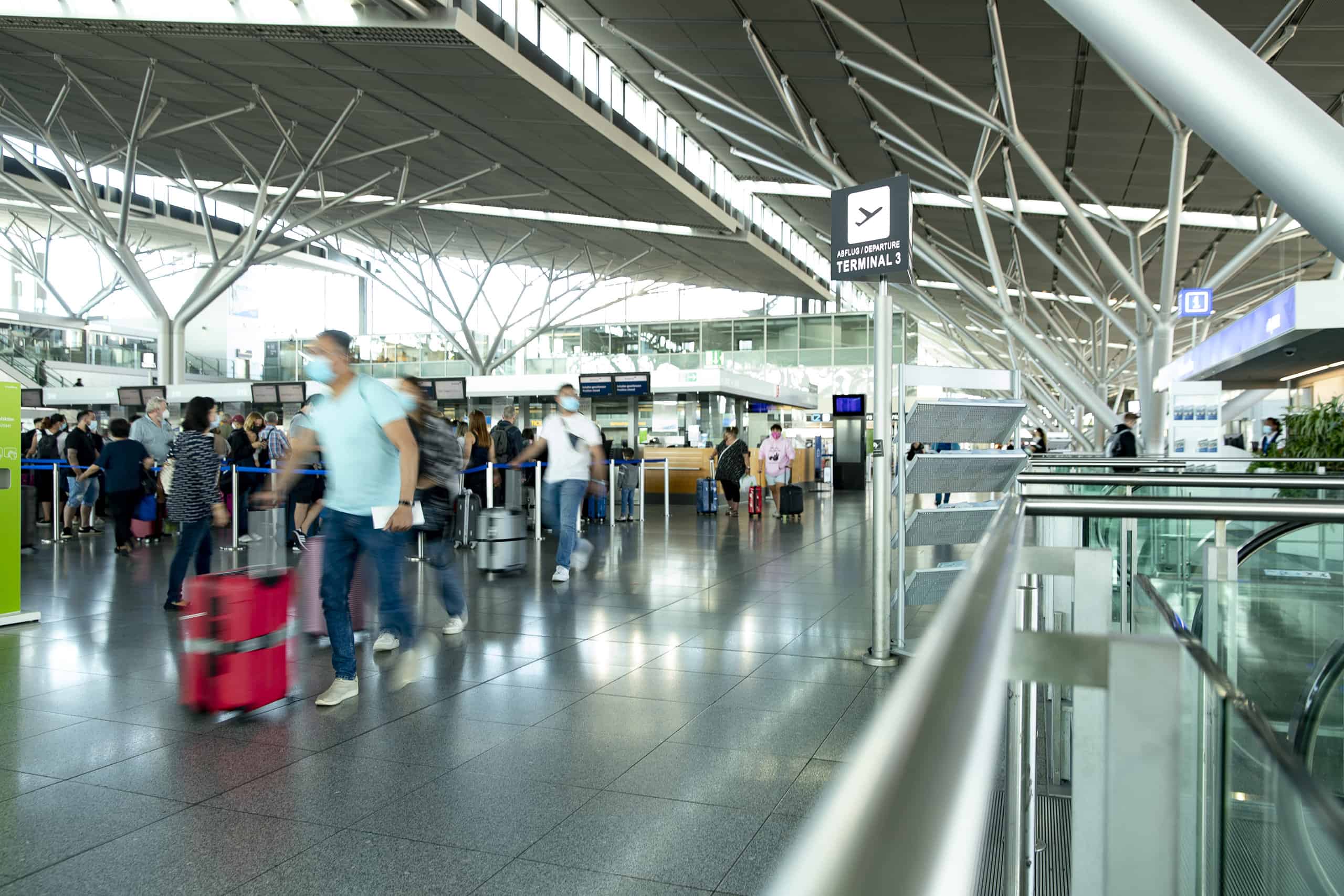 ver.di announces strike at Stuttgart Airport (ver.di announces strike at Stuttgart Airport)
ver.di announces strike at Stuttgart Airport (ver.di announces strike at Stuttgart Airport) Turkish Aerospace and Embraer strengthen aviation industry (Turkish Aerospace and Embraer strengthen aviation industry)
Turkish Aerospace and Embraer strengthen aviation industry (Turkish Aerospace and Embraer strengthen aviation industry)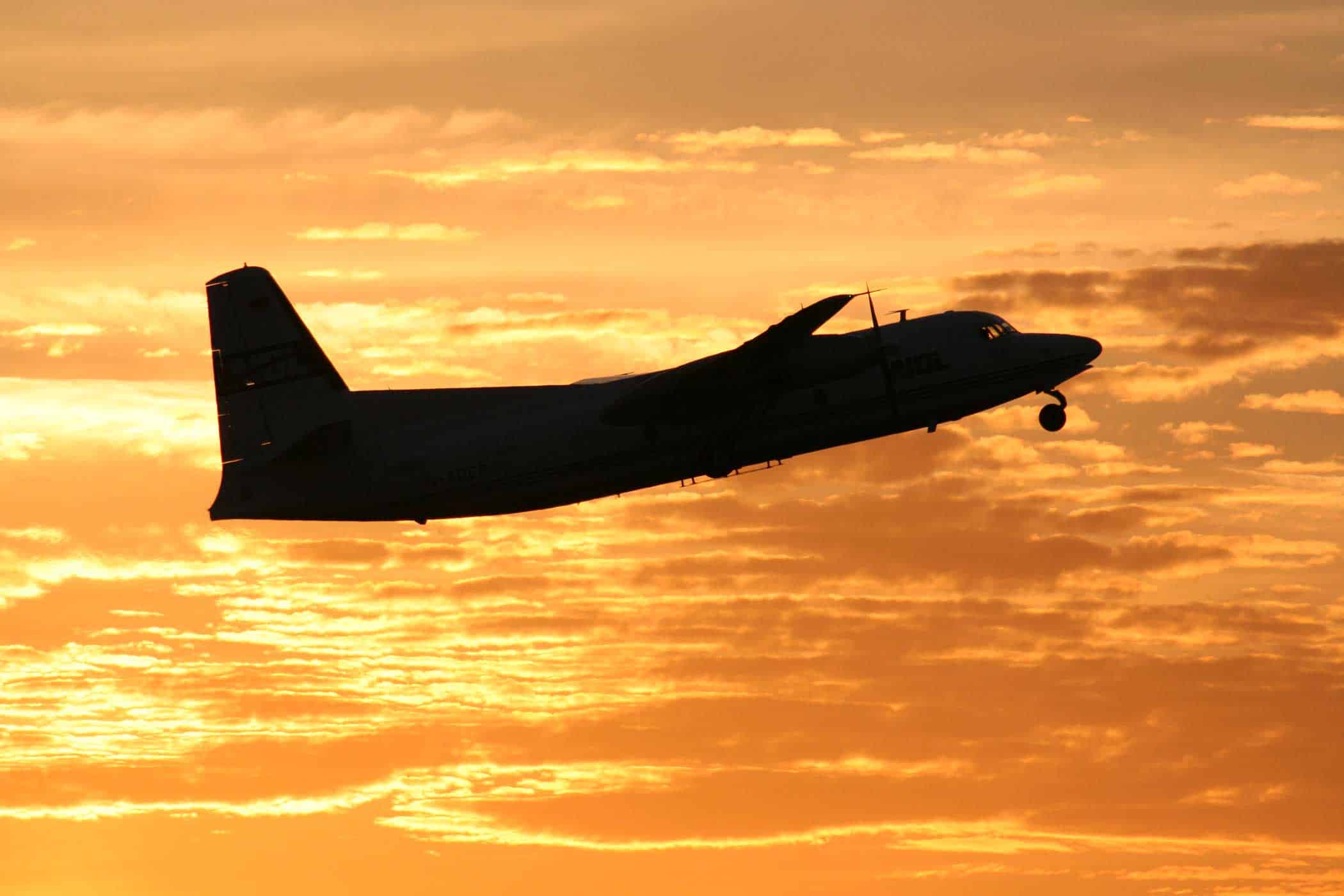 Traditional brand German Airways celebrates its 70th anniversary (Traditional brand German Airways celebrates its 70th anniversary)
Traditional brand German Airways celebrates its 70th anniversary (Traditional brand German Airways celebrates its 70th anniversary)
